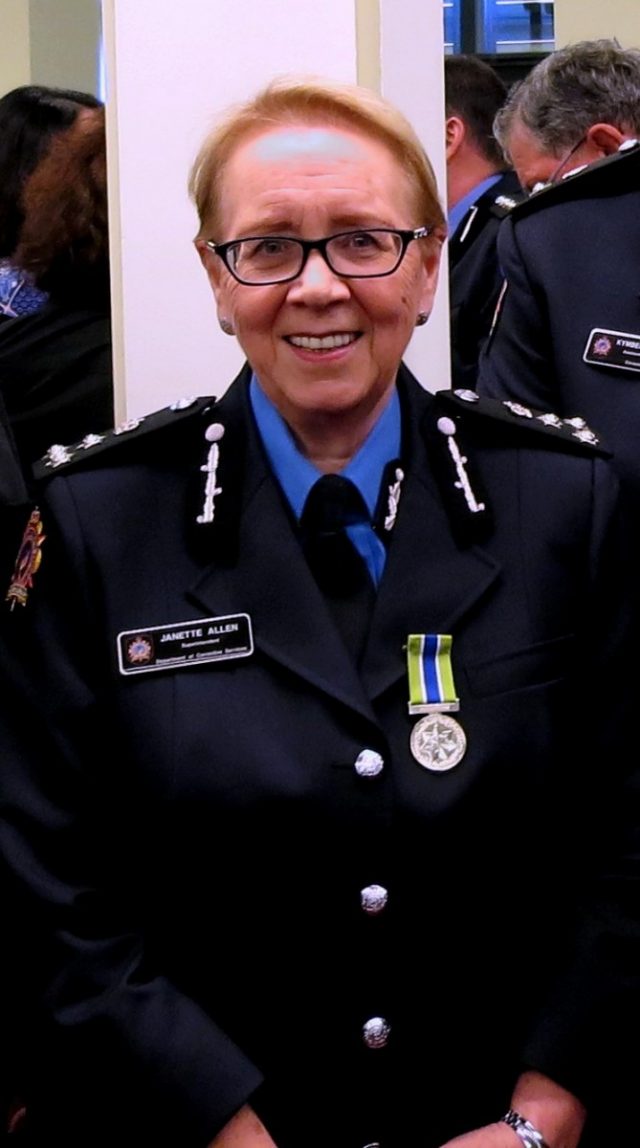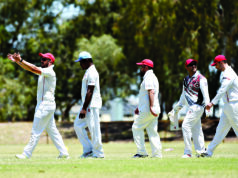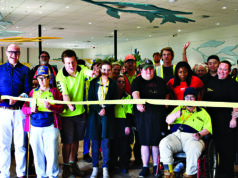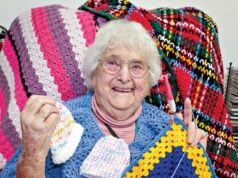Western Australia’s longest serving female prison superintendent Jan Allen has retired after 32 years with Corrective Services.
The woman credited with launching Bentley’s Boronia Pre-Release Centre for Women, with the aim of reintegrating minimum-security female prisoners into the community, retired on March 31.
Acting deputy commissioner Jan Allen was superintendent of Boronia for 15 years. Boronia was the first dedicated rehabilitation and reintegration prison for minimum security women in Western Australia.
When it came to helping women towards a successful and lasting reintegration into the community Ms Allen said she knew that Boronia could not do it in isolation.
“I leave knowing that the future of the women’s estate in Western Australia is in the strongest position than at any time I have seen over the past 32 years,” she said.
“Prisons used to be lock, feed and leave – now, they are very much focused on rehabilitating prisoners, teaching them new skills, giving them an education – all in the hope of sending them back into communities as better people.”
During her time, Ms Allen identifi ed the need for community partnerships and developed an Australian first- the Reintegration through Volunteering Strategy, encouraging community volunteering organisations to support post-release women.
“When returning to the community, not having safe and stable accommodation and financial security can also affect a women’s return to criminal offending,” she said.
Ms Allen has now received numerous awards, including the John Curtin Award and the Rotary International’s Paul Harris Fellow.

One of the most significant projects that Ms Allen pushed forward was the opening of the Wandoo Rehabilitation Prison for Women in Murdoch, which is the state’s first dedicated alcohol and drug rehabilitation prison.
In 2018, she was one of two Western Australian prison officers to receive the first Australian Corrections Medals awarded in WA.
“I would like my time as a superintendent to be defined by what I have achieved, rather than my length of service,” she said.
“Becoming a prison officer in 1988 meant a tough introduction for a woman, in what was a traditionally male-dominated profession.
“Regimented stockings and handbags, while walking the corridors of a male prison, weren’t ideal – but it all seems a long time ago now.”
Upon her departure, Ms Allen also contributed to Corrective Services with a training package for staff to better understand the complex nature of managing female offenders.
The training focuses on the distinct needs of women within the custodial environment, their different pathways to criminal offending and how to prepare women for a successful re-entry back into the community.














